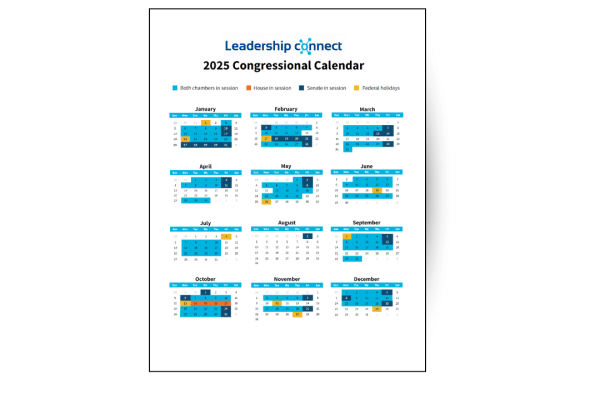
Chief Justice Paul Dawley
After the last paper is submitted, you passed your final law school exam, and the bar exam has come and gone, you’re part of a new wave of ambitious young attorneys ready to make their mark on the legal world. Some are heading to corporate law offices, nonprofits, and clerkships. While the pay for going into Big Law is financially appealing, that’s not the only path you can take to find success. Law firms look to recruit U.S. Supreme Court clerks with signing bonuses as high as $450,000. With recruiting season for U.S. Supreme Court clerks starting in July, this is an incredible advantage that few can receive.
Where do many of the Supreme Court law clerks come from? Predominantly, Top 14 (T-14) law schools, including Harvard Law School, Yale Law School, New York University School of Law, and Georgetown Law Center, to name a few. Not all is lost if you aren’t in one of these universities; thousands of judges rely on law clerks every day to ensure their court systems stay on task. Leadership Connect queried some sitting judges and asked them about their backgrounds and how law clerks are essential to the court system.

Chief Justice Paul Dawley oversees all 62 district courts and 158 judges in Massachusetts. Dawley was first appointed to the bench in 2001 as an Associate Justice of the Brockton District Court. He continued to rise in the Massachusetts District Court system until 2018, when he was appointed to his current position. Chief Justice Dawley highlighted that when he was a new graduate from Suffolk Law School, he did not envision himself as a judge in his career path. During law school, he worked in banking while attending classes and thought he would end up in the corporate law world before landing his first job as an Assistant District Attorney in the Suffolk County District Attorney’s office in Boston.
The Chief Justice shared his experience working with law clerks and said he looked for law clerks who had a strong work ethic, keen intellectual ability, and someone who made sure that the smallest of tasks were completed thoroughly. The unique experiences taking a clerkship brings includes the ability to work in a team atmosphere and prepare for high-pressure situations that exist in the judicial system. Clerkships offer direct insight into judicial decision-making and strengthens your legal analysis as you work continuously on multiple cases.
Dawley emphasized how going to law school at night allowed him to learn time management to make sure he was excelling in class and in the office. He talked about how the first job out of law school doesn’t define one’s career. Experience and expertise in an area can help you move into a new position that may have seemed out of reach previously.
At Leadership Connect, we aim to help clerks, law school graduates and those in law firms that are looking to make a change, and transition to a new space. As Dawley mentioned, there are many ways to change your career trajectory after you graduate from law school. Making connections, gaining experience in different areas, and networking can help you break into various industries that you might learn about later in your career. Law clerkships are a way to help gain these experiences and legal expertise to help make those changes.
During our summer series, we will speak with professionals from all walks of the legal profession – aiming to help clerks and new graduates network.






